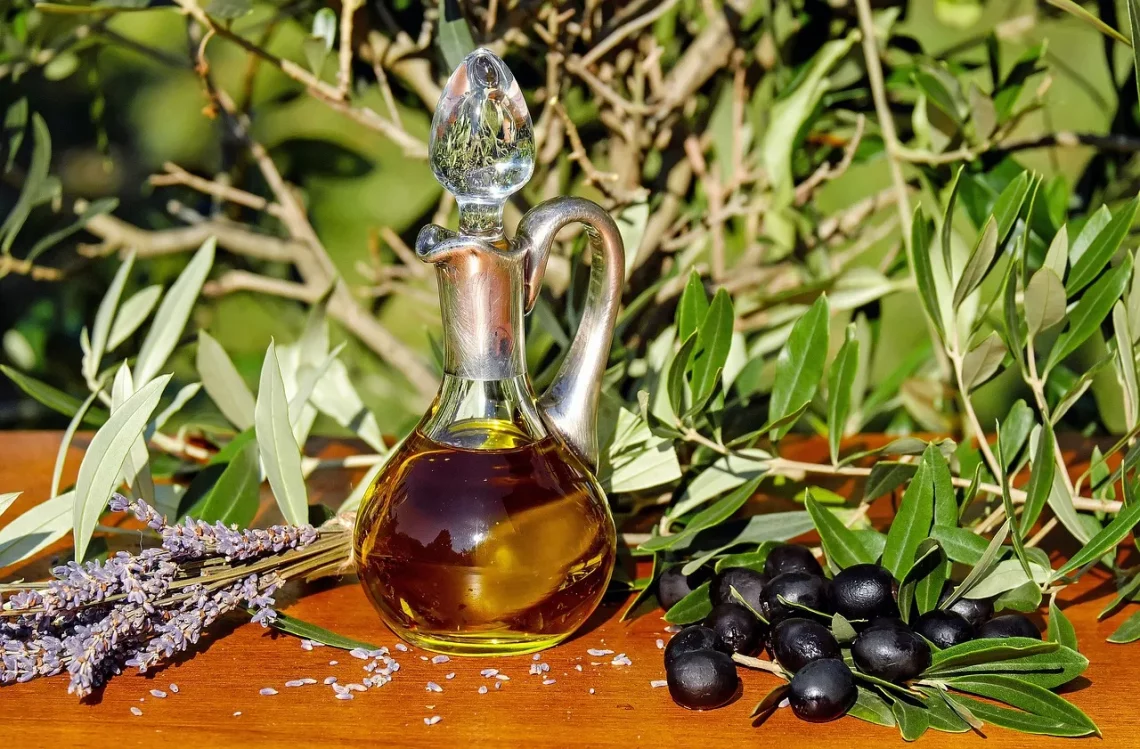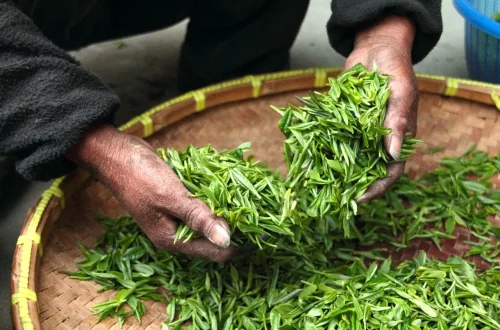-
Does Canola Oil Go Bad? Understanding Shelf Life and Storage Tips
Canola oil, derived from the seeds of the canola plant, has become a staple in many kitchens around the world. Known for its light flavor and high smoke point, it’s favored not only for cooking but also for baking, frying, and salad dressings. With its versatility and health benefits, including a favorable balance of omega-3 and omega-6 fatty acids, canola oil has garnered a reputation as a healthier alternative to other oils. However, like all edible oils, it has a shelf life and can eventually go bad. Understanding how to properly store canola oil and recognizing the signs of spoilage can help you make the most of this popular cooking…
-
Delicious Low Sodium Hot Dogs for a Healthier Grilling Experience
Grilling season is a time of joy, laughter, and delicious food shared with family and friends. However, as health-conscious eating becomes more prevalent, many people are re-evaluating their summer favorites, particularly when it comes to classic fare like hot dogs. Traditionally, hot dogs can be high in sodium, which may not align with the dietary needs of everyone. This is especially true for those managing hypertension or looking to reduce their overall sodium intake. Low sodium options are becoming increasingly popular, providing a way to enjoy the same great flavors without the guilt. By seeking out delicious low sodium hot dogs, you can still indulge in the barbecue experience while…
-
Canola vs Corn Oil: Which Cooking Oil is Better for You?
Cooking oils play a critical role in our daily culinary experiences, influencing both the flavor of our dishes and our overall health. As people become increasingly conscious of their dietary choices, the selection of the right cooking oil has garnered significant attention. Among the plethora of options available, canola and corn oil are two of the most commonly used fats in kitchens around the world. Both oils have unique properties and nutritional profiles that may affect their suitability for various cooking methods and dietary needs. Canola oil, derived from the seeds of the canola plant, is often praised for its light flavor and high smoke point, making it ideal for…
-
Is Palm Oil Beneficial for Baby Formula Nutrition?
The question of whether palm oil is beneficial for baby formula nutrition has garnered attention in recent years, particularly as parents seek to make informed choices about their infants’ dietary needs. Palm oil, derived from the fruit of the oil palm tree, is widely used in various food products due to its unique properties and versatility. However, its inclusion in baby formula has sparked debate among nutritionists, health experts, and parents alike. As more families turn to baby formula for nutritional support, understanding the implications of each ingredient becomes crucial for ensuring the health and well-being of infants. Palm oil is often praised for its rich content of essential fatty…
-
How Long Does Protein Powder Last? Storage Tips and Shelf Life Explained
Protein powder has become a staple in many diets, particularly among fitness enthusiasts and those seeking to increase their protein intake. This versatile supplement can be used in shakes, smoothies, and even baked goods, making it a convenient option for busy lifestyles. However, like any food product, protein powder has a finite shelf life that can be influenced by various factors such as its ingredients, packaging, and storage conditions. Understanding how long protein powder lasts, and how to properly store it, is crucial for maintaining its quality and ensuring safety. As with any consumable product, the freshness and integrity of protein powder can deteriorate over time. This raises concerns about…
-
How to Avoid Microplastics in Your Tea Bags for Healthier Sips
Tea has long been celebrated for its soothing qualities and numerous health benefits. However, recent concerns have emerged regarding the potential presence of microplastics in everyday tea bags, raising alarm bells for health-conscious consumers. Microplastics, tiny plastic particles less than 5mm in size, can originate from various sources, including the breakdown of larger plastic products or even from the manufacturing process of certain tea bags. As tea lovers increasingly seek out natural and healthy options, the incorporation of microplastics poses a significant risk to the purity of the beverage we cherish. Not only can microplastics potentially disrupt the delicate flavors and aromas of tea, but they may also carry health…
-
Can Rabbits Eat Watermelon Rind Safely and Healthily?
Rabbits are beloved pets that bring joy and companionship to many households. Their unique personalities and playful antics make them endearing creatures, but as a responsible pet owner, it’s essential to focus on their dietary needs. Rabbits require a balanced diet rich in hay, fresh vegetables, and a limited amount of pellets. However, many rabbit owners often wonder about the safety and health benefits of incorporating fruits into their pets’ diets. Watermelon, a summertime favorite for many, raises the question: can rabbits safely enjoy watermelon rind? Watermelon is hydrating and delicious, but the rind is often discarded by humans. For rabbits, the rind might seem like an intriguing option, particularly…



























